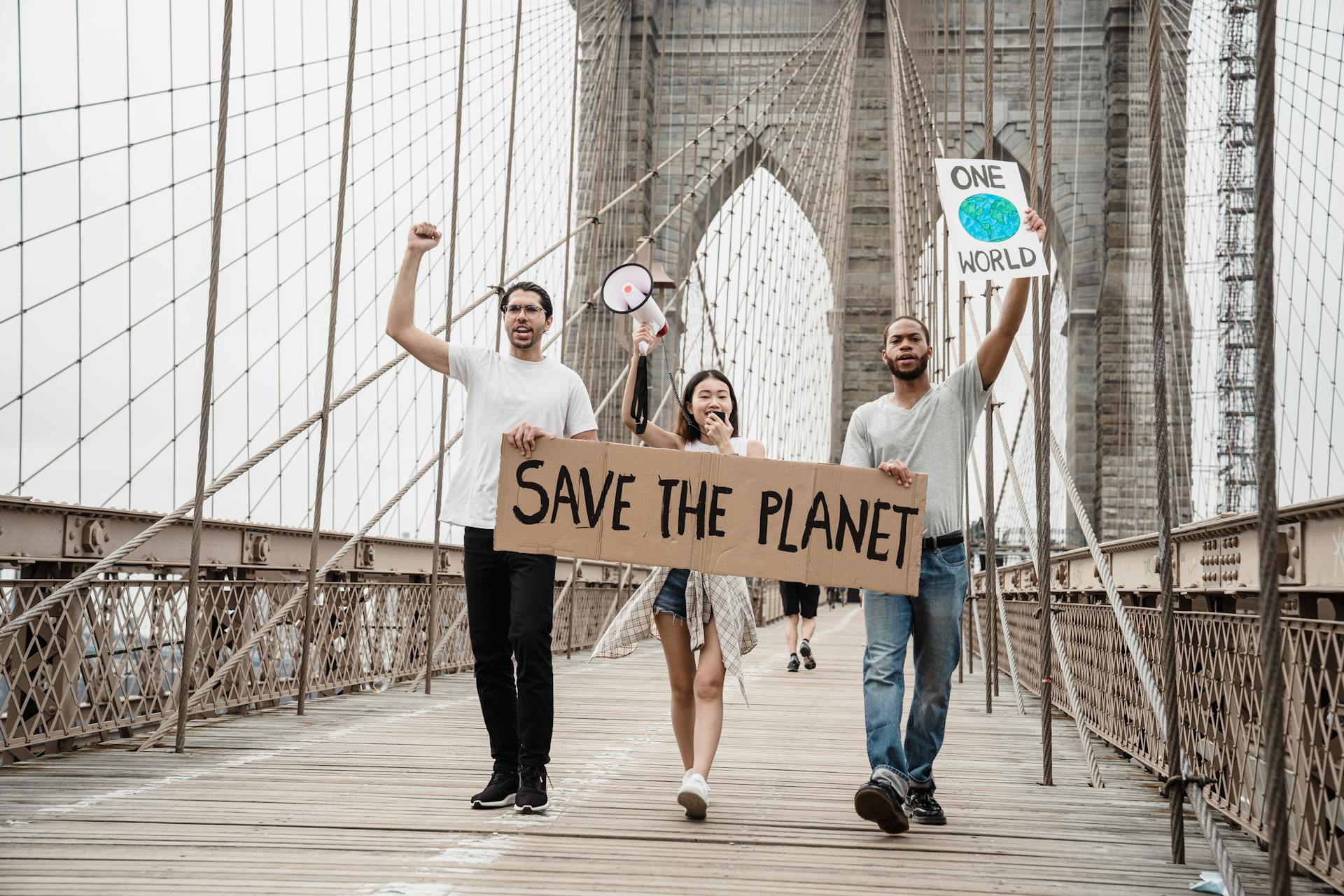The world has evolved so much over the past few decades, and so too have the habits and lifestyles of generations. Perhaps the biggest generational transition has been the millennial generation, who has grown up with technology, globalization and changing social norms. As a result, millennials have developed habits that are far different from their baby boomer predecessors. These differ in every aspect – from how well they use technology to how they spend money or even how they date. In this slide show, let’s look at some of the more interesting and meaningful differences between millennials and baby boomers.
Featured Image Credit: Hriana /Depositphotos.com.
Use of Technology

Millennials were raised on technology and use it almost every day, while boomers had to adapt to it later in life. Millennials are actually much more tech savvy than baby boomers because they were born at a time when technology was rapidly evolving.
In a recent survey, only 26% of Boomers said they were very confident with technology for completing the work they need to do. Even though both generations are likely to use multiple devices, 65% of Boomers still own a desktop and 57% use a tablet. In contrast, Millennials work on laptops (70%) and more than a quarter of them only work with a smartphone.
Communication Methods

Communication has changed considerably over the years. The two generations prefer different communication methods. The millennials prefer texting and messaging apps to calling, whereas the baby boomers prefer calling or chatting over phone.
A study from Open Talk found that 75% of the millennials they surveyed would rather own a text-only phone than a phone that only accepts voice calls. 19% of millennials never check their voicemail and 63% feel that phone calls are distracting.
Furthermore, millennials are more likely to access messaging services such as WhatsApp which comes with extra functionality such as video calls and file sharing. This change in communication has been partly influenced by the mass adoption of smartphones and the ease of using messaging apps.
Social Media

The use of social media differs tremendously across generations. Instagram and TikTok are more popular among millennials. Facebook is more popular among baby boomers. Millennials also use newer apps such as Instagram and TikTok.
According to a Pew Research Center survey conducted in 2021, 71% of 18-29-year-old adults use Instagram, compared with only 13% of 65+ adults. Similarly, the video-based social network, TikTok, is now also very popular among millennials and Gen-Z, which has 48 percent of 18–29-year-olds. Facebook on the other hand, which was once the most widely used social network, is now increasingly used by the baby boomers. Although 57% of adults aged 65 and older are on Facebook, only 36% of the 18-29 age group are. These are all signs that social media behaviour is influenced by generational tastes and the emergence of new technologies.
Work-life Balance

A balance of work and life should be something everyone aims to do, but millennials are more inclined to do so than the baby boomers. They are also more likely to prefer flexible work hours. In fact, in a Deloitte poll in 2020, 70% of millennials expressed that work-life balance is “very important”.
82% of millennials polled by FlexJobs in 2021 reported they’d be more loyal to their company if they had flexible work. This emphasis on work-life balance is due to several reasons, including a hunger for quality of life and a reorientation toward experiences rather than material objects. 70% of millennials put travel in the top 2 reasons to work, whereas Boomers ranked it in 4th place.
Political and Social Activism

The first activist generation were boomers but millennials are more socially and politically aware today.
The Pew Research Center found that 64 % of millennials believe government should do more to address problems and 52% of Boomers think government should be less hands-on. The young are also more likely to think that minorities are mistreated in the US and love NFL players kneeling to demonstrate.
65% of millennials registered to vote in the last election as opposed to 55% of the other generations. The most likely generation to sign a petition or demonstrate is millennials. This activity goes beyond traditional political activism — millennials are also much more likely to take part in social activism and volunteer for causes via online campaigns and social media.
Millennials even believe fixing climate problems should be number one: 71% think so, compared with 57% of boomers. Millennials, according to Forbes, recycle more, commute on public transit and adapt their shopping behaviour to confront climate change directly.
Changing Habits Indicate an Evolving Society

The millennial way of life is quite different from the baby boomer way of living. Whether it is the adoption of technology and social media or a greater focus on work-life balance, health and wellness, diversity and inclusion or money management, millennials have a set of habits and preferences that differentiate them from their elders.
These differences can be generational gaps at times, but they are also a fascinating glimpse into the way that society evolves. As millennials continue to shape and alter the world around us, it will be fascinating to see how their tastes and behaviors will evolve over time.
Disclaimer – This list is solely the author’s opinion based on research and publicly available information.